“Too much information running through my brain; Too much information driving me insane”
– The Police, Ghost in the Machine 1981
I am probably dating myself starting off with lines from the Police song from the 80s. Yet when I think about all that is coming at us these days, and everything we need to process the song keeps coming back to me. It could easily be a theme song for the 2020s.
We are constantly assaulted by information seeking our attention. Those “smart” devices are kind enough to vibrate, beep, blink, and ding whenever the least little thing happens. And then there are the visual cues, like a pop-up or badge to tell you “you’ve got mail”, or a text or a task or something. The notifications are the default setting – and you really need to work hard to shut them off.
It’s enough to drive even the sanest person to insanity.
If you want to do the higher-level processing and knowledge work that you really get paid for then you need to implement a 3-word strategy, right now. Here it is:
Turn. Them. Off.
Seriously. Mute every notification, badge, icon, noise, or anything else that distracts you from the task at hand. That even includes the tiny envelope at the bottom of the screen to remind you that someone wants something from you. Protect your precious attention. If you don’t know how to do it – then just go to YouTube. It will have the answer.
Do this on every device. Every. Single. One.
Don’t worry. You won’t forget to check. In fact, you’ll probably still check 20+ times a day, at least. This is still too much, but at least it will be on your schedule and not someone else’s.
Do this, and you will make more money. You will feel less stress. You will be in more control.
Research shows that it takes, on average, 23 minutes to get back on task after even the smallest of distractions. How many times are you distracted each day? Do the math. Yeah, and then we wonder why it feels like we can’t get anything done.
Now, there is a risk of FOMO – missing out on what you might have seen or learned. Or in being ‘late’ to see or respond to something. In virtually every case, the thing that is demanding your attention can wait. It would have to wait if you were in court, or with a client. Right? If you’re constantly on alert for other things that need your attention then you’re less likely to pay attention to what really matters in the moment – whether it is a task or a person in front of you.
The information flow is not going to stop or slow down. So you’re going to need to adapt. Shutting off your notifications is a small, but important, first step to taking back control of your practice.
Go ahead and give it a try. Then let me know how it goes.
-Doug

